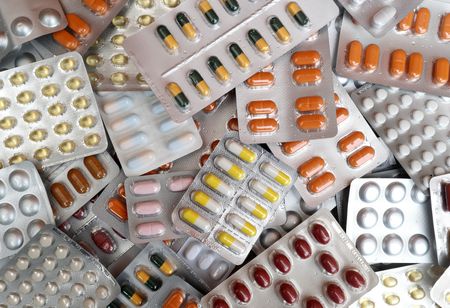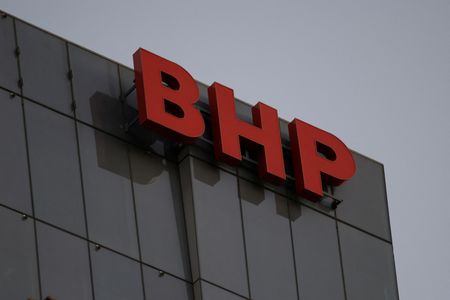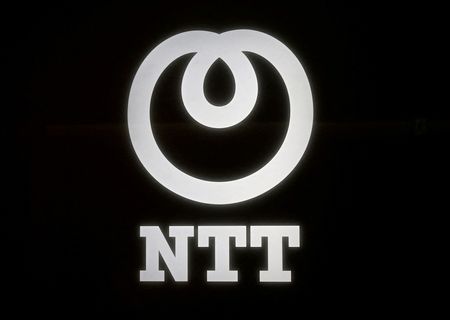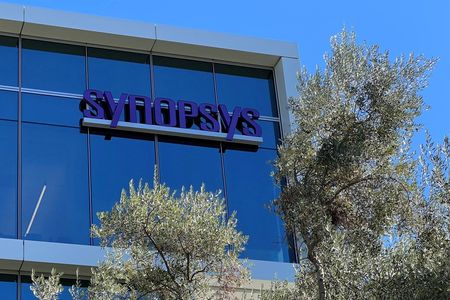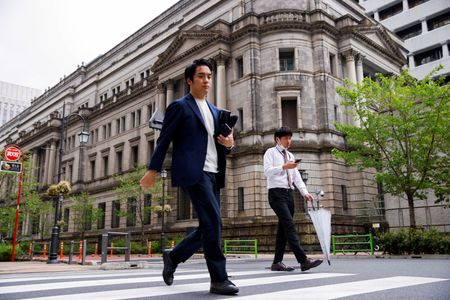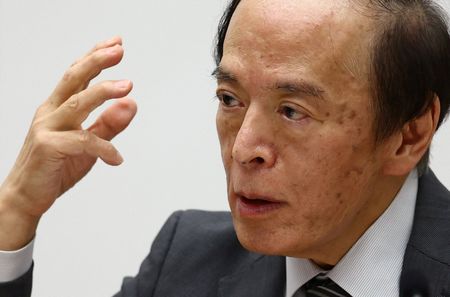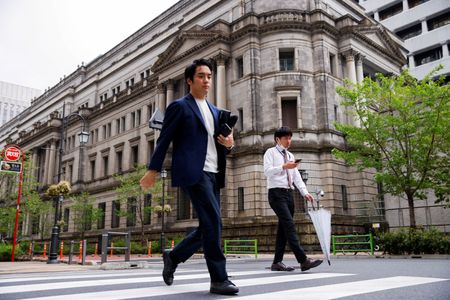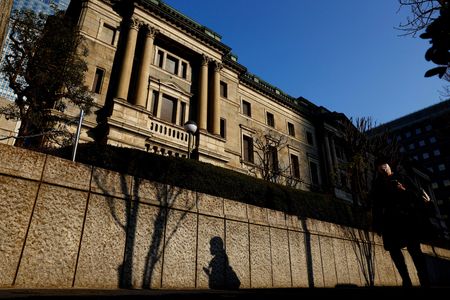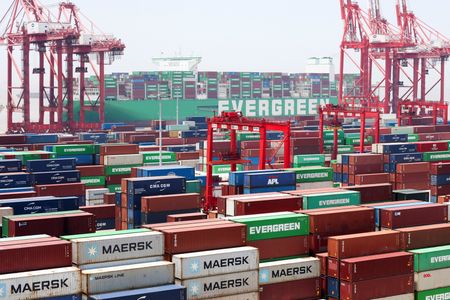LONDON (Reuters) -Britain said it would strike an agreement with Vietnam to make it easier for pharmaceutical firms to sell UK-made medicines in the Southeast Asian nation, under a new trade strategy that emphasises quick, industry-specific deals.
Britain launched the new strategy last month, promising a nimbler approach compared to the emphasis it placed on full-fledged free trade agreements following its departure from the European Union.
Vietnam will hasten the registration of new medicines and vaccines, while recognising approvals from more regulators, including Britain’s Medicines and Healthcare products Regulatory Agency, the British government told Reuters in a statement. The deal is expected to be confirmed later on Monday.
“The removal of pharmaceutical barriers with one of our closest trading partners in Asia is a boost for the UK pharmaceutical industry and proof our Industrial and Trade Strategies are already delivering,” British trade minister Douglas Alexander said.
The deal could be worth 250 million pounds ($337 million) to the British pharmaceutical sector over the next five years, the government added.
The UK-Vietnamese Joint Economic and Trade Committee will meet in London on Monday and also discuss financial services and renewable energy.
Britain has taken a tougher line on some other sectors, however, with steel imports from Vietnam set to be restricted under a new quota regime.
Life sciences, including pharmaceuticals, are a priority sector under Britain’s new industrial strategy, which was also launched last month.
However, that plan has been delayed by a dispute over drug pricing with the British pharmaceutical sector, which says the government needs to value medicines more fairly and adjust the payments they make back to the health service.
($1 = 0.7415 pounds)
(Reporting by Alistair Smout; Editing by Sachin Ravikumar)

